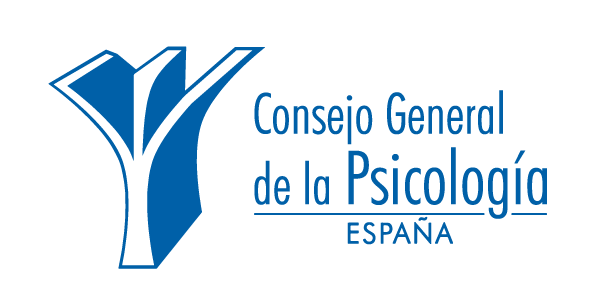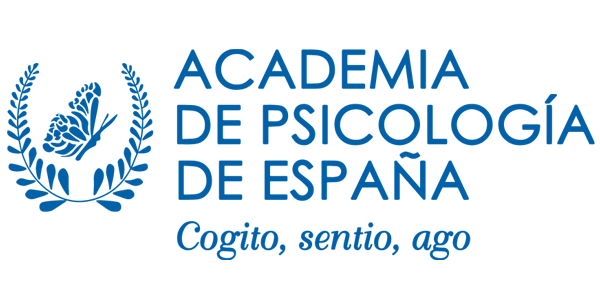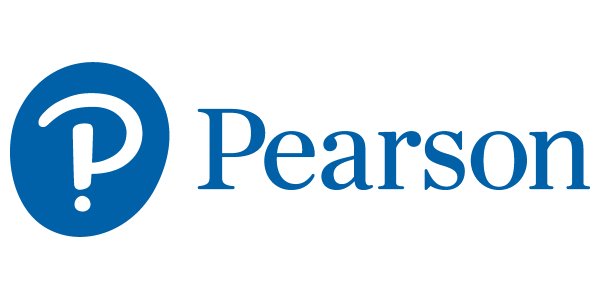The therapist is present: Therapist factors in parent and family interventions
In 2010 at MoMA, Marina Abromovićengaged in a performance called “The artist is present”. She seated silently at a wooden table across from an empty chair and, for eight hours a day, over the course of three months, she simply stood there and waited as people took turns sitting in the chair and gazing at her. Just like artists, working in the art of therapeutic change, therapists should also stand to be seen, as it is only through the person and actions of the therapist that therapy works (Blow et al., 2007). Evidence-based practice in psychology has been defined as the integration of the research knowledge with clinical expertise in the context of particular patient characteristics (APA, Presidential Task Force on Evidence-Based Practice, 2006). In fact, evidence-based practice is not solely comprised of well-validated, theoretically coherent treatments, found in lifeless manuals. Rather, effective practice occurs through competent clinicians who draw from the best evidence available as well as lean on their clinical and personal wisdom(Blow & Karam, 2017). The “therapeutic art” of program delivery is, therefore, at least as important to the program’s success as its content (Webster-Stratton, 2004). In a meta-analysis of therapeutic relationship variables in youth and family therapy, Karver and collaborators found that among the best predictors of youth outcomes were the therapist-related factors, such as counselor interpersonal skills and therapist direct influence skills (Karver, et al.,2006). Also, therapist variables were found to be the most important dropout predictors in child and adolescent mental health care, with treatment and therapist variables being overall stronger dropout predictors than pre-treatment child variables and pre-treatment family or parent variables(de Haan et. al., 2013). In particular, higher levels of the parent-professional alliance were generally associated with improved clinical outcomes for involved children, parents, and families, as well as stronger treatment engagement and lower levels of dropout (de Greef et al., 2016). Working with complex systems, such as families, maybe more demanding and require additional skills from the therapists, making their role even more crucial than in individual-only work(Blow & Karam, 2017). Also, the effective implementation of parenting programs is influenced by therapist factors (Leitão et al., 2020). Although these programs are usually manualized, and supported by standardized procedures and materials, they are usually delivered by professionals from different backgrounds(Dretzke et al., 2009), which may increase the variability in the practitioners’ skills and quality of delivery, particularly in community contexts, where resources for training, supervision and retention of skilled staff are often more tenuous. Despite the importance of therapist factors in family and parent-based interventions, research in this field has been sparse and poor (Zegarac et al., 2021; Leitão et al., 2020). The therapist is rarely present in the published studies, hidden in complex concepts such as therapeutic alliance or intervention’s fidelity. The present symposium represents an opportunity to discuss and reflect about specifictherapist related factors in the field of psychosocial interventions with families or parents. Researchers in this field are invited to present their recent studies around therapist’s characteristics and actions which have demonstrated to contribute to the intervention process in family or parenting interventions. Who are the most effective therapists? What do they do in the intervention settings? This symposium call therapists of family and parenting interventions to be present and seated on the table of scientific and clinical debate.

Sara Martins Leitão
University of Coimbra, Portugal
Sara Martins Leitão holds a Master in Clinical Psychology and is currently completing her PhD research studies, which have been awarded with a national grant. With considerable experience in implementing and researching the Incredible Years programs, her present research project is dedicated to understand the role of therapist factors in the implementation of the Incredible Years Basic Parent Program with parents of children with behavior problems. Her published systematic review was the first to explore therapist factors in parent based interventions directed at children’s behavior problems and has been translated into Spanish. She is also a co-author of internationally relevant scientific articles and of the only national monography dedicated to the recommended practices in the Portuguese early childhood intervention system. Aside from research, she teaches in a Clinical Psychology Master program of a Portuguese university, and she has been deeply committed to clinical practice with children and families, as a certified psychologist by the Portuguese College of Psychology, with recognized expertise in Clinical and Health Psychology, Special Needs and Early Childhood Intervention.
Organiza

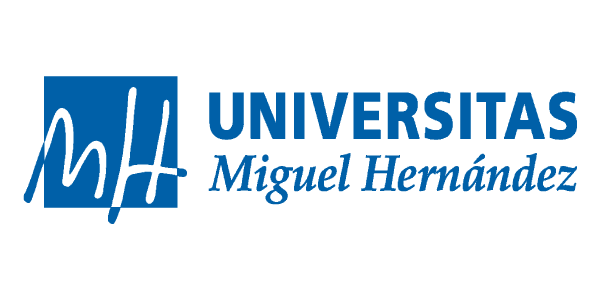
Patrocina
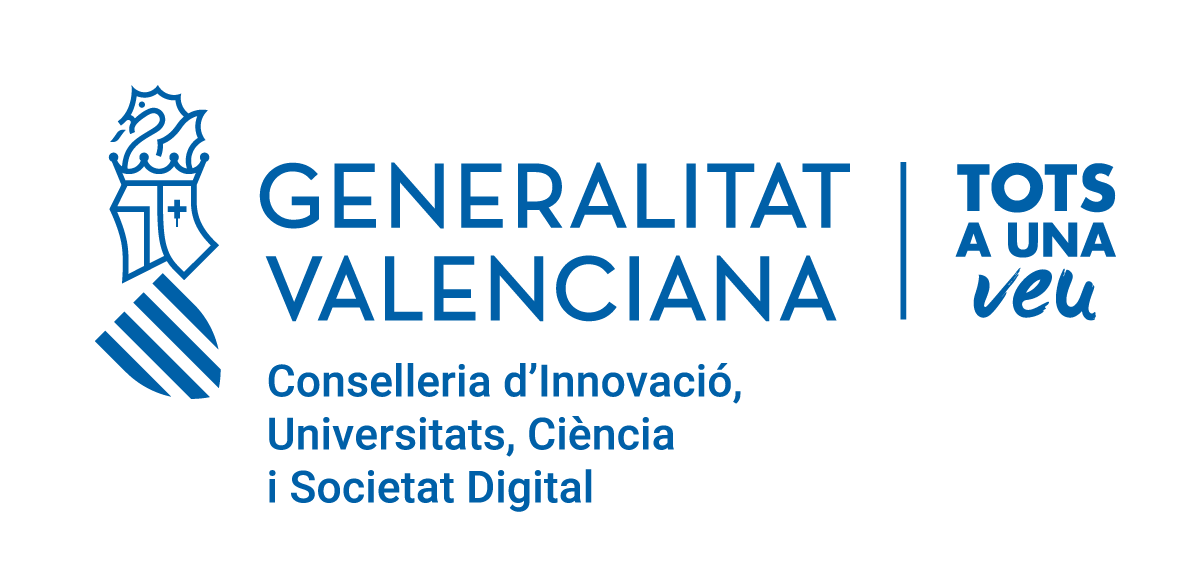
Con el apoyo de
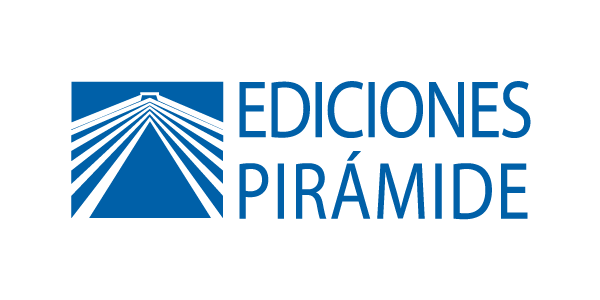

![8CIPCNA-adaptaciones-[Recuperado]](https://www.aitanacongress.com/2022/wp-content/uploads/8CIPCNA-adaptaciones-Recuperado.png)
